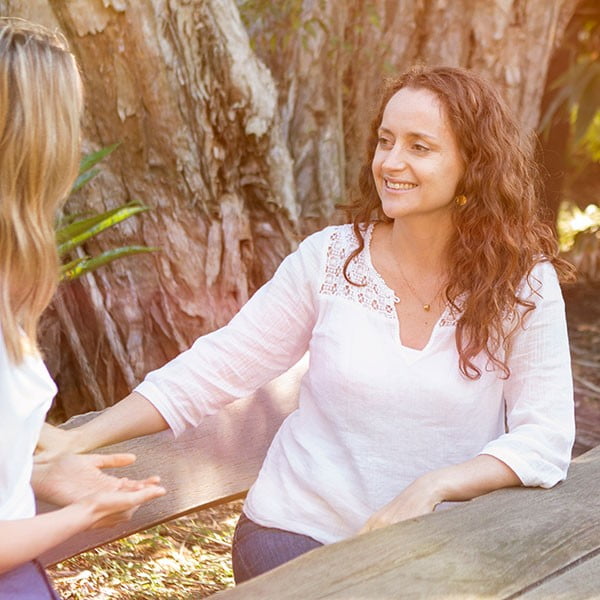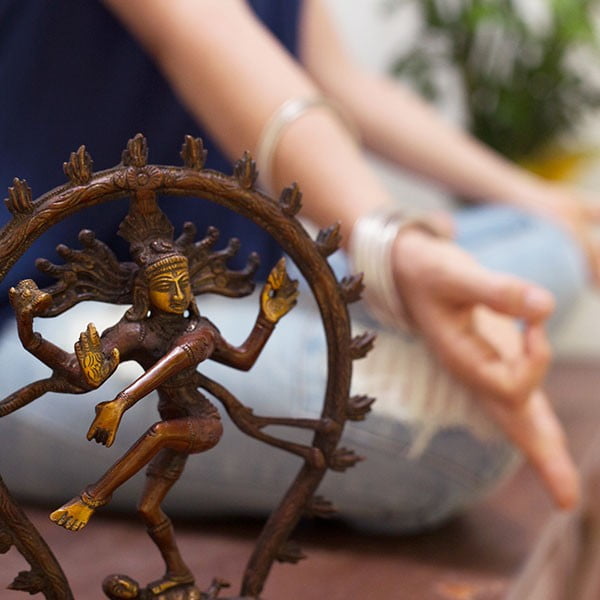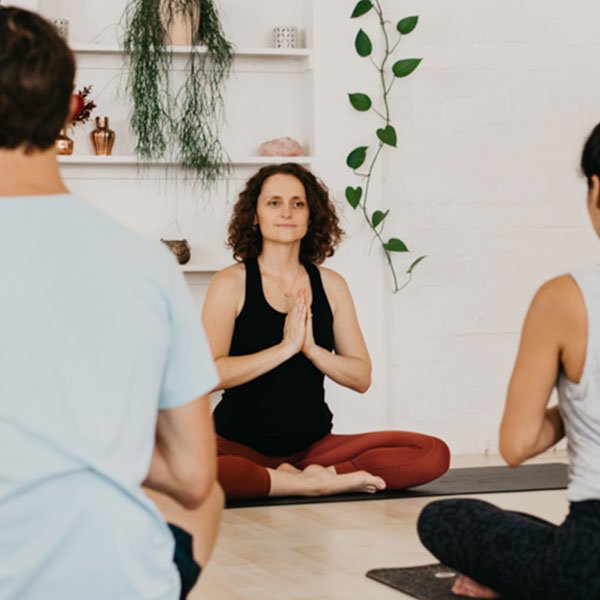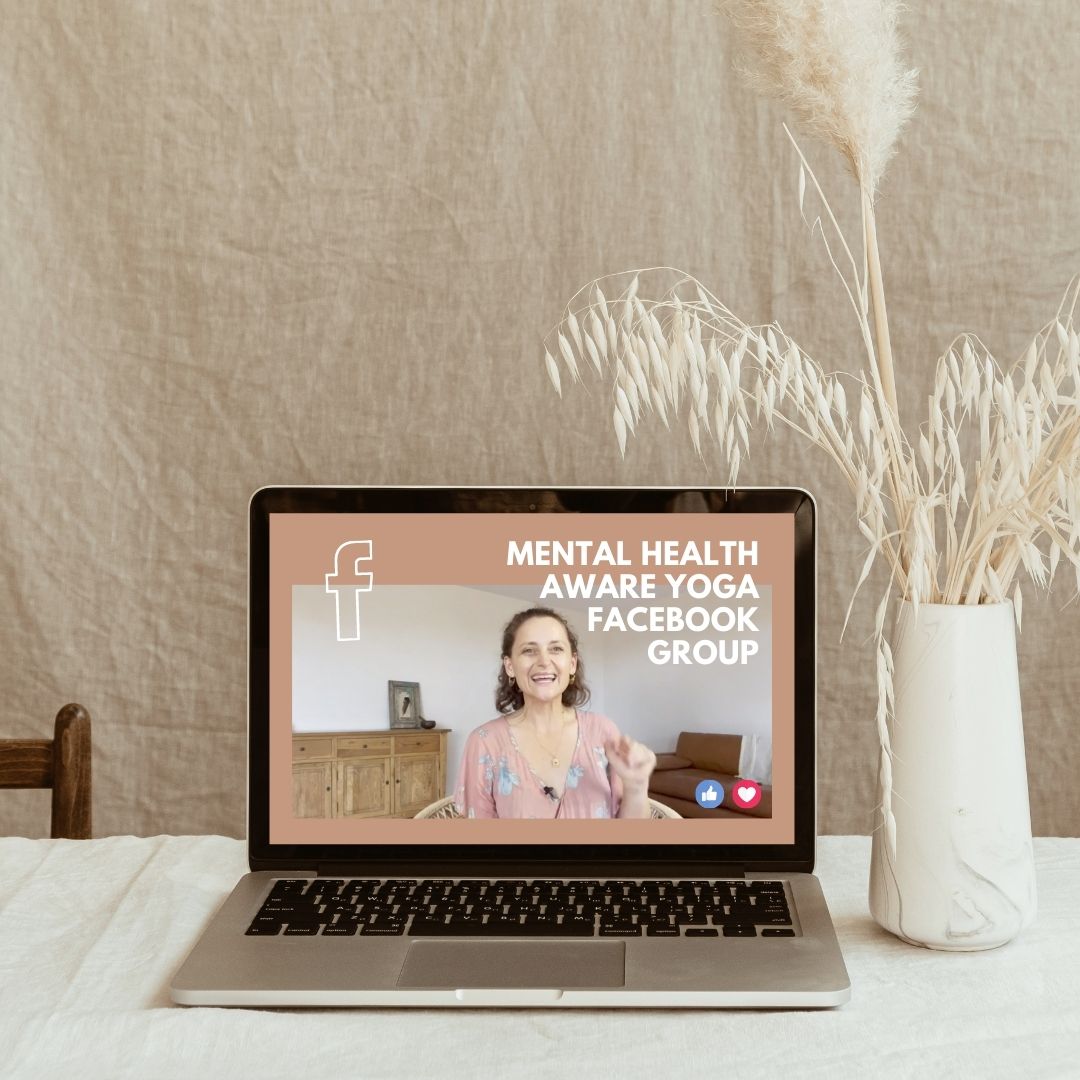Yoga as a Pathway to Radical Belonging

According to UNHCR, at the end of 2021, 89.3 million humans remain forcibly displaced. That’s more than double the amount since a decade ago, and the most since World War 2!
As a yoga student, seeker and now often as a facilitator, I am one of those 89.3 million humans.
Going through life in a constant state of unbelonging or a longing to fully belong can create greater suffering, ultimately leading to serious risk of illness, even premature death (Centers for Disease Control and Prevention).
For many who hold complex marginalized identities due to their age, gender, intimate partner preferences, race, ethnicity, nationality, caste, bodily ability and size, work, immigration status etc, this is an everyday reality.
I am inviting you, my dear reader, to pause here.
Let this reality sink in – the reality of many humans. If not you, perhaps it’s the person next to you, your neighbor, the cashier at the grocery store, living life in an often forced state of constant despair of not belonging fully.
The State of Belonging and Yoga
In yoga, I found myself for the first time feeling fully whole, a path to radical belongingness. First, in the embodied experience, a deep knowing and a lack of words to explain it all.
As most yoga students and facilitators know, this is the stepping stone to often a lifelong path of yoga. Perennial yogic wisdom and the applied practice right away will reveal that you do belong, and there is no question!
The state of belonging and yoga is possible at any point in human life.
In Patanjali’s Yoga Sutra 1.3, it is stated that once we are no longer identifying with everything that is material (prakriti), and therefore impermanent and constantly subject to change, we see ourselves as our true nature, the ever present, unchanging Soul (purusha).
As one of the commentators of the Yoga Sutras had beautifully stated, ‘the nature of the sun is and has always been to shine’ (Bryant, 2009). And just like that, the nature
of our soul has always been pure consciousness.
To know and embody this moment to moment is perhaps the hardest, yet the most important work we can do towards building a better world of radical belonging.
I believe in showing up and as a Mental Health Aware Yoga teacher, it is imperative to remember this simple yet profound goal of yoga.
Yoga and Mental Health
According to the United Nations, in 2022, there are nearly one billion humans suffering from some form of mental health disorders.
In 2020, the first year of Covid pandemic, rates of common mental health conditions went up 25%. Although the statistics are quite grim and may perhaps come across as hopeless, I hope that we do not look away.
Instead, I grow hopeful in the wisdom at seat of our hearts – “on the heart, knowledge of the mind ensues” (Yoga Sutra 3.34). As yoga students and facilitators, we are especially equipped with the tools to deal and cope and help others do the same.
The question I’ve always had in times of suffering (and perhaps many others ask the same) is, is change possible?
Neuroplasticity and Yoga
To my absolute delight, there’s a solution offered in both yogic philosophy and in modern neuroscience and psychology fields. A governing theme in both worlds is that we are able to change deeply held patterns that are harming us, and that our brain demonstrates remarkable plasticity.
We are able to build ongoing new neurological patterns (neuroplasticity and neurogenesis). We are able to develop new samskaras, samskaras born out of truth bearing wisdom, obstructs other samskaras from emerging (Yoga Sutra 1.50).
Until very recently in human history, scientists too, believed that changes in the brain were not possible beyond childhood and that humans were born with a mostly hardwired system.
But now we know that brain remodeling – neuroplasticity, is very much possible with the right training and therapy (Kavli Prize). Although scientific research in the field of yoga is often found to be inadequate due to its complexities, many are now tirelessly working on this field.
A study done in 2017 shows that long term sustained yogic practices have shown brain changes through three-fold increase in brain-derived neurotrophic factor (BDNF) (Cahn, et al., 2017). BDNF is a protein that promotes neuroplasticity, and the upregulation of this may lead to neuroplastic changes in our brain.
In many mental health conditions, it has been shown that there is a reduction of BDNF which prevents neuroplasticity and neurogenesis. Studies show that yoga may facilitate neuroplasticity through stress reduction (Cahn, et al., 2017).
Belonging and Becoming Whole
It is my hope that the future of yoga across the globe will be practiced with this core wisdom in mind. I hope that there will be compassionate, evidence-based, sustainable and accessible practices for all survivors and all beings everywhere.
Like the Japanese art of Kintsugi (golden repair), wherein pieces of broken pottery are mended with powdered gold and lacquer, rather than casting them aside or concealing, we can learn to be with our pain, suffering and trauma with love. I believe we can transcend our brokenness into innate belonging and wholeness.
My gratitude to those who came before me, those who are molding the present and those who will craft the future. My gratitude for all my teachers and their teachers, and those who keep this practice alive daily.

Shayanara Sembucuttiaratchi (she/her) is a lifelong yoga practitioner and seeker, a Mental Health Aware Yoga graduate, and a yoga therapist in training.
She offers yoga therapy and integrative somatic therapies for trauma and PTSD recovery with a deep commitment to being a mirror to all beings in their journey to purpose, meaning and belonging.
FOR THE SEEKERS
COMMUNITY
FREE EBOOK
The information provided on this blog is intended for informational purposes only and should not be considered professional advice.
Please consult a qualified healthcare professional for personalised guidance or come and join one of our programs for professional training.
Any statements, claims or endorsements expressed by our guest authors, speakers and podcast sponsors are solely their own and do not necessarily reflect the views or opinions of Mental Health Aware Yoga and the Yoga Psychology Institute.
JOIN US IN-PERSON
Registration for the hybrid Mullumbimby Mental Health Aware Yoga training is now open!
Refine your skills in the growing field of yoga and mental health, and empower real transformation as you deeply support your yoga students experiencing depression, anxiety, stress and trauma.
Online component starts today, in-person component 12-13th April 2025.
MORE BLOG POSTS
On the Yoga of Matrescence with Claire Holloway
We often talk about adolescence but what about matresence? In today’s podcast episode, I sat down with Claire Holloway...
On the Pranayama for Emotion Regulation with Leslie Kaminoff
In today’s episode, I sat down with Leslie Kaminoff, to talk about the evolution of yoga and the power of breath in...
On the Compassion Project with Belinda Haan
As a new mum, Belinda Haan (she/her) knew all about the power of self-compassion as she’d been teaching other mums all...
BLOG CATEGORIES

MEET OUR FOUNDER
Hi, I'm Dr Lauren Tober!
As a Clinical Psychologist and Yoga Teacher of nearly two decades and the author of Mental Health Aware Yoga: A Guide for Yoga Teachers, I'm passionate about integrating yoga and psychology on the mat, in the counselling room and in the world.
With the growing interest in mental health and yoga, yoga students are attending yoga classes for the mental health benefits in unprecedented numbers.
In fact, 79.4% of yoga students report practicing yoga for the mental health benefits.
It's important that Yoga Teachers know how to support them.
I'm glad you're here.
LET'S STAY CONNECTED
Be the first to hear about online and world wide in-person trainings BEFORE registration opens
Receive your invitation to join our closed Mental Health Aware Yoga Facebook group for teachers
Download the Patañjali's Eight Limbs of Mental Health Aware Yoga ebook by Dr Lauren Tober











